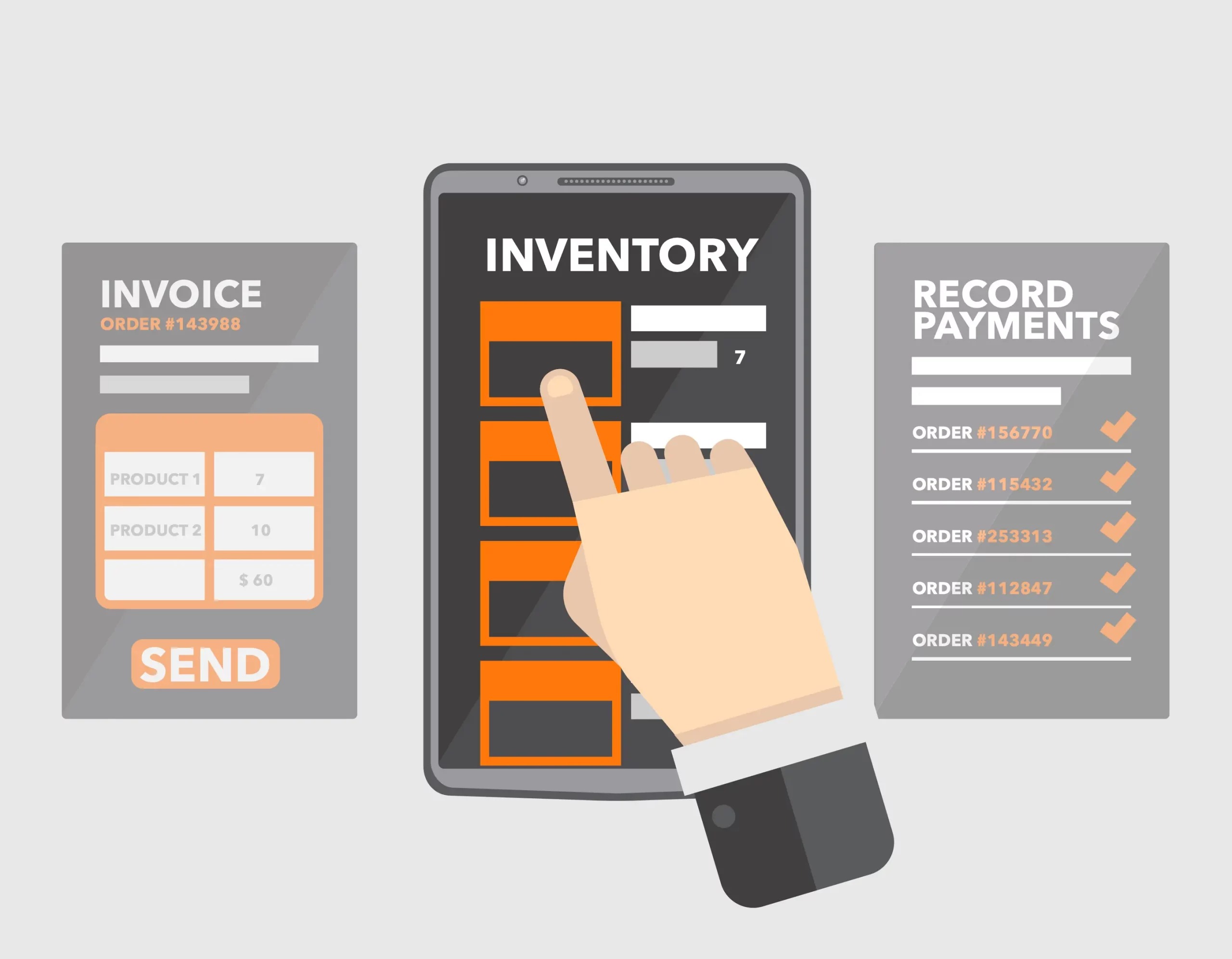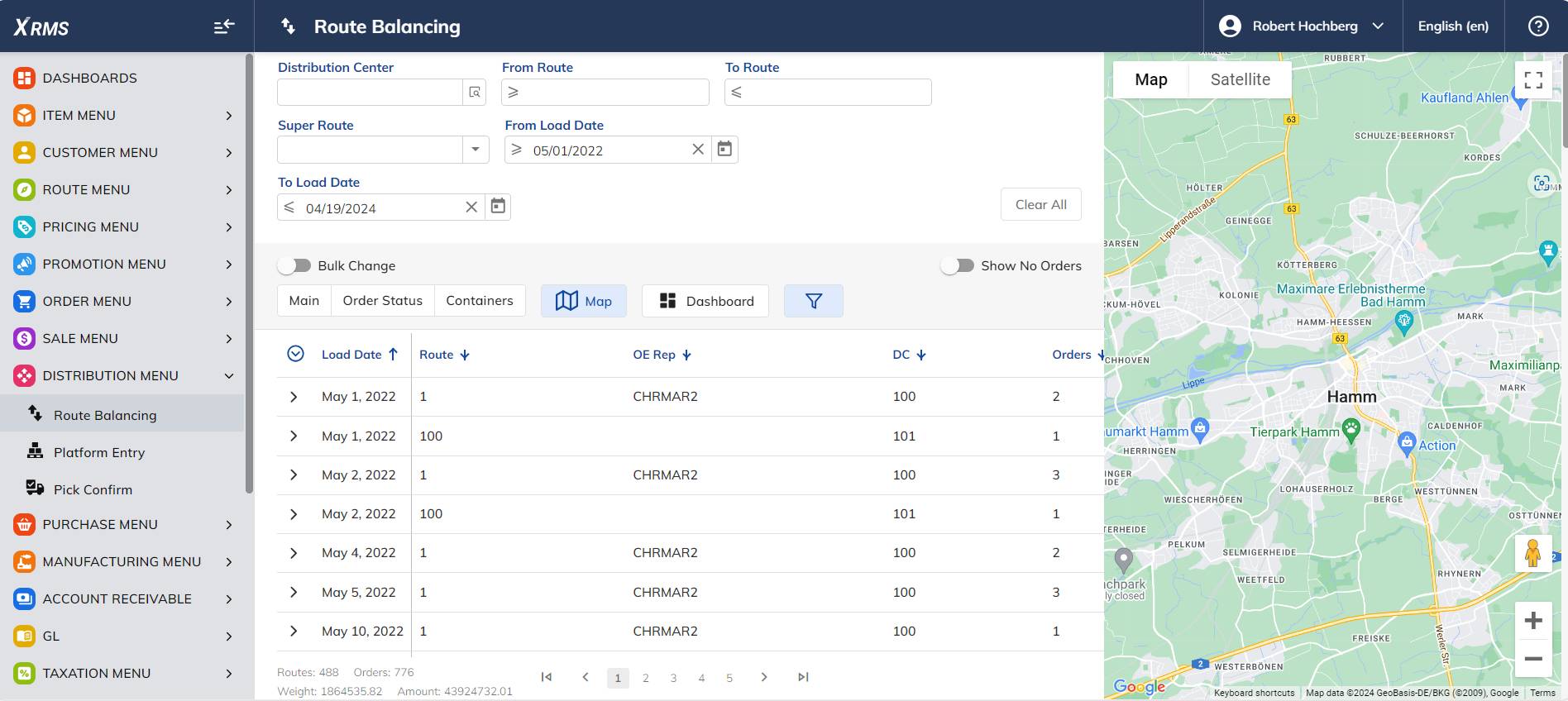As technology continues to advance at a rapid pace, the boundaries of what is possible in route accounting systems are being pushed further than ever before.

As technology continues to advance at a rapid pace, the boundaries of what is possible in route accounting systems are being pushed further than ever before. But what happens when we look beyond our terrestrial confines and set our sights on the stars? Welcome to the future of space logistics, where route accounting systems play a pivotal role in navigating the complexities of outer space.
Route accounting systems have come a long way since their inception, evolving from manual paper-based processes to sophisticated digital platforms. These systems are designed to optimize delivery routes, manage inventory, and streamline accounting processes, ultimately enhancing efficiency and reducing costs for businesses. However, as technology continues to advance, route accounting systems are poised to revolutionize not only terrestrial logistics but also space logistics.
With the commercialization of space exploration and the emergence of private space companies, the prospect of space logistics has shifted from science fiction to reality. From satellite deployment to crewed missions to the International Space Station (ISS), the demand for efficient and reliable space logistics solutions is on the rise. This presents a unique opportunity for route accounting systems to break new ground and pave the way for the future of space commerce.
While the idea of space logistics may sound futuristic, it comes with its own set of challenges. Unlike traditional terrestrial routes, space routes are subject to the unforgiving laws of orbital mechanics, space debris, and communication lag. Furthermore, the extreme environments of space pose unique challenges for inventory management, storage, and transportation. However, where there are challenges, there are also opportunities for innovation.
Route accounting systems are well-suited to address many of the challenges facing space logistics. By leveraging real-time data analytics, predictive algorithms, and automation technologies, route accounting systems can optimize space routes, manage inventory aboard spacecraft, and facilitate seamless transactions between Earth and space-based assets. Moreover, the principles of route optimization and inventory management that underpin route accounting systems are inherently scalable and adaptable to the complexities of space.
As humanity embarks on its journey into the cosmos, the future of space commerce holds immense promise. From lunar mining operations to interplanetary colonies, the opportunities for economic growth and exploration are virtually limitless. By harnessing the power of route accounting systems and embracing innovation, we can break through the boundaries of space logistics and unlock the full potential of the final frontier.
In the quest to break boundaries and explore new frontiers, route accounting systems are playing an increasingly integral role in shaping the future of space logistics. By combining cutting-edge technology with a forward-thinking mindset, we can revolutionize the way we navigate the cosmos and usher in a new era of space commerce. For those embarking on this journey, a guide to route accounting systems is essential. As we look to the stars with wonder and excitement, let us remember that the sky is not the limit—rather, it is just the beginning of what lies ahead in our journey beyond.
